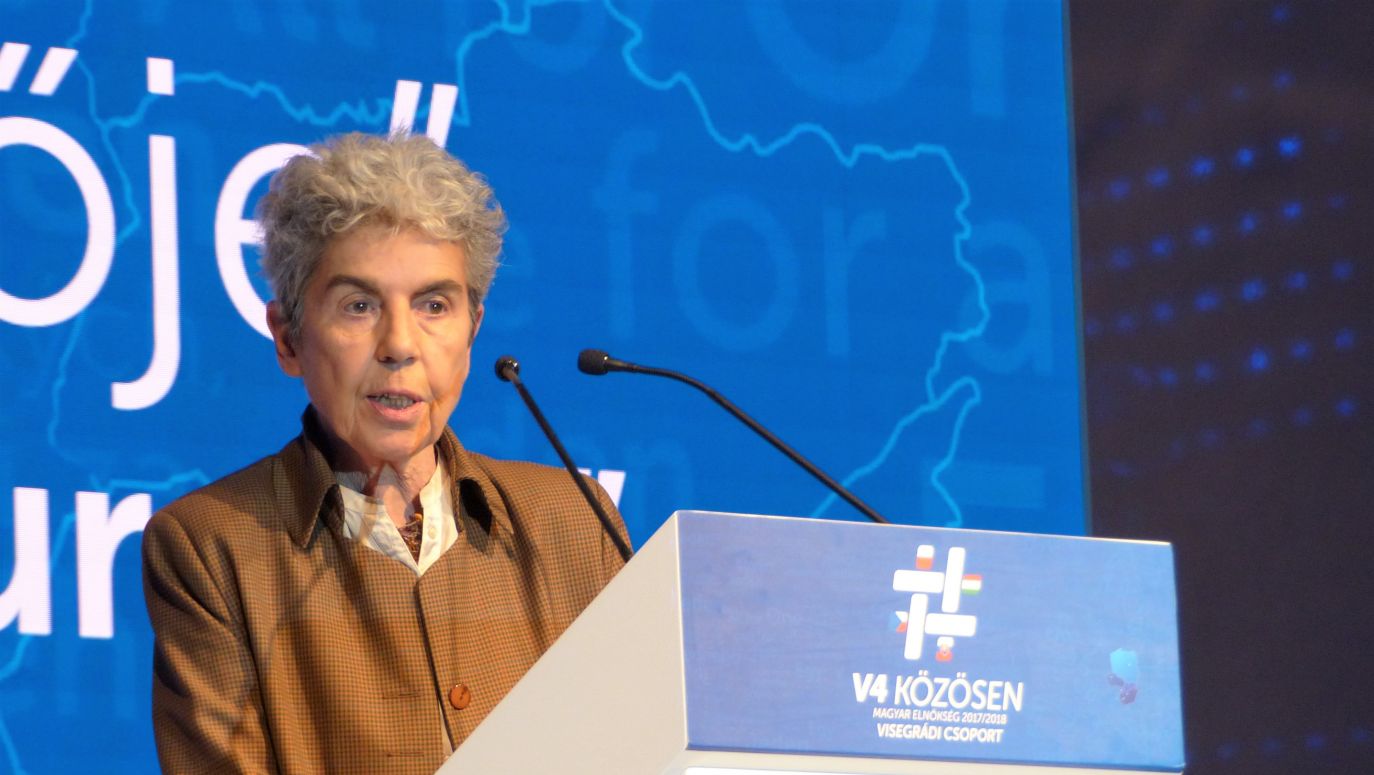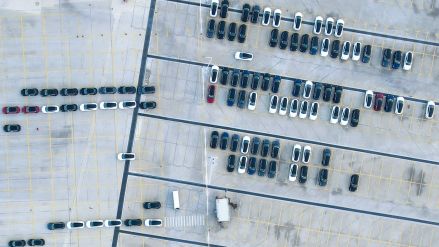Macron, socially speaking, is indeed a typical representative of this hyper-globalist élite that cares little about the culture of its own country, after all, he himself used to say that “there is no such thing as French culture”. From the ideological point of view, he belongs to the morally liberal elite, which does not attach any importance to fatherhood, family, or raising children. He once slipped: “please show me a mother from a large family who would be educated”.
Isn’t the problem that the French public opinion, as you wrote, sees pragmatism – such as Denmark’s revision of its migration policy - as “an appalling concession to reality”?
It is true that the French mentality is not very pragmatic, but rather ideological. The revolution has turned us into a nation of ideologues and ideas will always carry more weight than reality.
Look at the so-called “unattended minors” who are flooding the country. The resources we devote to teaching them the language and providing them with housing are considerable. Mostly, however, these are neither people who care about learning French, nor are they underage at all. First of all, they want to get to England as soon as possible.
In other words, the whole narrative we spin about them is false. Yet we keep repeating it because it fits our worldview. In fact, the results here are disastrous. One cannot play with the facts with impunity.
In one of your articles, you wrote that young Europeans no longer strive to change reality, although this pursuit is part of our civilization. You say that young people become “Orientalized, fascinated by idleness”. Haven’t Asia and the West switched places? Can a Europe with such an attitude resist the dynamic China and Asia?
The philosopher Edmund Husserl once argued that the East may be influenced by the West, but not vice versa. He was wrong. Orientalization takes place not on the political or economic plane, but on the level of philosophy.
 SIGN UP TO OUR PAGE
SIGN UP TO OUR PAGE

As we know, man has basically discovered only two answers to existential questions: either the transcendent Judeo-Christian (and also Muslim) God, or the agnosticism and practical wisdom of Asia. As Westerners abandon their transcendent religion, they naturally move closer to the agnosticism and practical wisdom of Asia.
It is true that this change in mentality may stifle the quest for progress that characterizes the West. To some extent, this has already happened. Postmodern societies are those that give up progress. This does not mean, however, that we lose dynamism, because you can be dynamic by defending your own culture or comfort.
– Interviewed by Krzysztof Tyszka-Drozdowski
– Translated by Dominik Szczęsny-Kostanecki
TVP ТИЖНЕВИК. Редактори та автори
Chantal Delsol is a French political philosopher. She describes his views as liberal-neoconservative. By faith she is Catholic. In her publications, she opposes the idea of a nation-state, supports European federalism, but claims that the European Union is not a true federation. She has also researched the phenomenon of contemporary populism, which she considers a serious threat to democracy.


 SIGN UP TO OUR PAGE
SIGN UP TO OUR PAGE
 As we know, man has basically discovered only two answers to existential questions: either the transcendent Judeo-Christian (and also Muslim) God, or the agnosticism and practical wisdom of Asia. As Westerners abandon their transcendent religion, they naturally move closer to the agnosticism and practical wisdom of Asia.
As we know, man has basically discovered only two answers to existential questions: either the transcendent Judeo-Christian (and also Muslim) God, or the agnosticism and practical wisdom of Asia. As Westerners abandon their transcendent religion, they naturally move closer to the agnosticism and practical wisdom of Asia.



